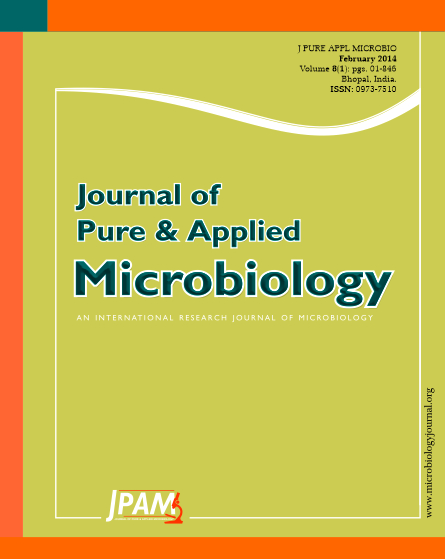This experiment investigates the effects of different levels of L-carnitine and additional lysine-methionine levels on the intestinal microflora of Ross 308 male broilers. Experiment was based on 3×3 completely randomized factorial design. Different levels of L-carnitine including; 0 (mg/kg), 75 (mg/kg) and 150 (mg/kg) and additional lysine-methionine levels were selected from the recommended NRC levels including 0%, 15% and 30%. One bird from each replicate was selected and slaughtered at the age of 42 days; furthermore, cecum was separated and measured to determine the microbial flora. The results showed the levels of L-carnitine caused a significant difference upon the total population of aerobic bacteria, producing lactic acid bacteria, Escherichia coli and lactobacilli (p<0.05). There was no significant difference in the parameters at all levels. Moreover, additional methionine-lysine levels caused a significant difference in total population of aerobic bacteria and coliforms (p<0.05). Finally, the interaction of L-carnitine and lysine-methionine in intestinal microflora caused a significant difference in total population of aerobic bacteria, producing lactic acid bacteria, Escherichia coli, and lactobacillus. There was no significant difference in the parameters at all levels.
L-carnitine, Lysine-methionine, Broiler chickens, Intestinal microflora
© The Author(s) 2014. Open Access. This article is distributed under the terms of the Creative Commons Attribution 4.0 International License which permits unrestricted use, sharing, distribution, and reproduction in any medium, provided you give appropriate credit to the original author(s) and the source, provide a link to the Creative Commons license, and indicate if changes were made.


